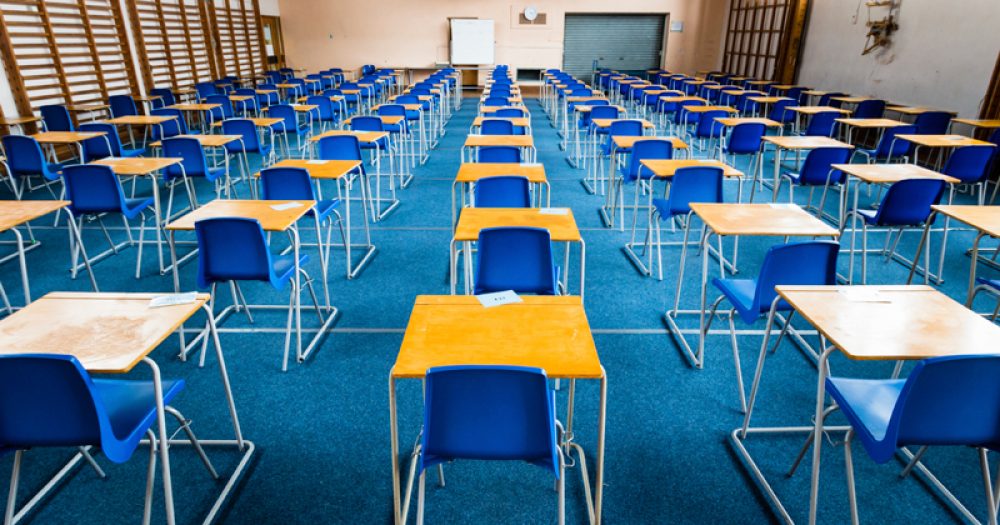Ofqual will consult on how to reduce the risk of cheating where teachers write exam papers, including monitoring social media and pupil work in the run-up to a test.
The exams watchdog announced in September that it would review the risks and benefits of teachers contributing exam questions while also teaching the qualification, after a series of high-profile cheating allegations at some of the country’s most prestigious schools, including Eton and Winchester College.
Approximately 1,300 teachers are involved in writing the main exams taken in England and the watchdog now wants to ensure they are not tempted to give their pupils or colleagues any hints on what will appear in the examinations or narrow their teaching to relevant topics.
The regulator warned that “public confidence in the qualification system, which may have been damaged by the incidents reported this summer, will decline unless further safeguards are introduced”.
Ofqual will finalise its “preferred package of safeguards” in January, before releasing a full consultation.
The body said it had looked into prohibiting teachers involved in developing assessments from teaching them, but warned it would be “difficult to introduce and enforce” and could cause recruitment problems by preventing teachers from moving jobs.
It is also investigating developing more exam papers than ensure teachers do not know which materials will be used, but warned the extra costs may be transferred to schools.
Other proposals include having awarding organisations collate registers detailing conflicts of interest, teachers providing annual declarations to protect the confidentiality of assessment materials, routine reviews of pupil work to look for unusual patterns, and sampling teaching plans to see if teachers are narrowing their teaching.
Monitoring social media to find out if confidential information is being circulated has also been mooted.
Ofqual has already asked the main exam boards to remind schools and colleges of their duty to refer teachers who may have committed malpractice to the National College for Teaching and Leadership.
This year, senior staff at Eton and Winchester College allegedly released confidential exam information to colleagues and pupils.
Mo Tanweer, a deputy head at Eton, resigned over allegations that he had circulated questions from an upcoming economics exam to other members of staff.
He had also served as a “principal examiner” in economics for Cambridge International Examinations, which sets Pre-U exams, an alternative to A-levels.
Soon afterwards, Winchester College suspended its head of history of art, Laurence Wolff, over allegations that he gave students information on exam questions in two papers.
In both cases, pupils had their exam results nullified.







Your thoughts